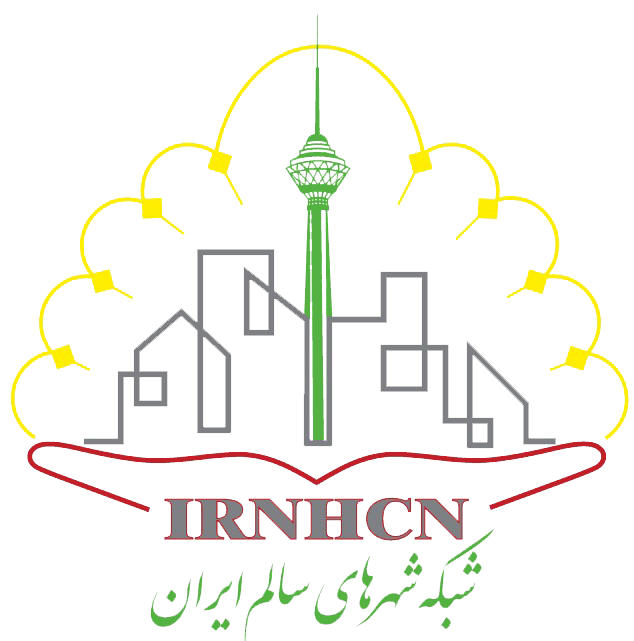Cultural centers of Maragheh municipality are leaders in promoting health culture

Category Social harms prevention , Emergency Preparedness , Public Empowerment , Health Development , Intersectoral collaboration , Community Participation
City : Maragheh
Date started and scope of work
With the efforts of Maragheh municipality, five cultural centers have been formed with the following specifications:
- Al-Ghadir Cultural Center with an area of 350 square meters
- WaliAsr Cultural Center (AJ) with an area under the building of 450 square meters
- Anzab Cultural Center with an area of 240 square meters
- Peharabad Cultural Center with an area of 750 square meters
- Velayat Cultural Center with a building area of 380 square meters.
The primary purpose of the formation of these cultural centers are:
- Improving the level of culture and public awareness in the direction of well-being and healthy life
- Improving the level of social capital by increasing people's participation in the neighborhoods
- Supporting children and youth groups by creating fields for learning skills and applied sciences in order to improve the business environment
- Enriching the free time of citizens and creating healthy entertainment for groups of children, youth and women
Implementation process
Municipal culture centers operate under the supervision of Maragheh municipality's cultural and social department and are active members of the two committees for the reduction and prevention of social harms and the committee for safe public places of Maragheh's healthy and safe city plan. This department interacts with a number of organizations, including the Fani Herfei Organization (organization for job skill educations), University of Medical Sciences, wellbeing organization, Komite Emdad Imam Khomeini organization , Red Crescent Organization, etc., to hold training courses in order to improve the physical, mental and social health of the residents of cultural center neighborhoods. The need assessment for holding these educational and skill training sessions is done by gathering the opinions of the residents of the neighborhoods and the satisfaction of the participants in the educational sessions is measured. These training sessions are held for different age groups, including children, teenagers and youth, and their focus is to deal with social harms, improve mental health, prepare for disasters and crises, etc.
In addition, some skill training courses are held in cultural centers in order to improve women's empowerment in order to increase domestic employment with the cooperation of relevant organizations.
The socio-cultural department of the municipality has successful experiences in using the inter-sectoral partnership approach in promoting a healthy lifestyle and improving the culture of health in the city.
Related pictures
Conducting skill training courses for the age group of children and teenagers as well as skill training in order to protect women's domestic employment in interaction with technical and professional organization:
Holding tutoring classes for children and teenagers in order to increase equitable access to educational services and educational assistance:
Holding street parties in order to increase the social vitality of the local people:
Holding art classes for children and teenagers:
Conducting QCT courses to examine the strengths and weaknesses of children and their interests and find talent:
Conducting chess training courses:
Conducting mental health training courses for families living in Farhangsara neighborhoods in partnership with wellbeing organization, police force and university of medical sciences:
Outcome
- Improving the health literacy of local residents in the areas of physical, mental and social health by holding more than 2,500 hours of training sessions annually for more than 2,000 people of different age groups.
- Promoting the citizenship culture of children, teenagers and adults by holding 300 hours of citizenship education every year.
- Obtaining a full score on the level of satisfaction of the participants in the training sessions based on the results of measuring their satisfaction.
- Improving the access of children and teenagers from the less privileged areas of Maragheh city to tutoring and reducing the perception of social injustice in this group.
- Improving the domestic employment of women and female heads of households by holding skill-training courses.
- Increasing the social vitality of the residents of the neighborhoods by holding national and religious celebrations.
- Promotion of book reading culture by holding book review meetings and publishing and unveiling of authors' books.

